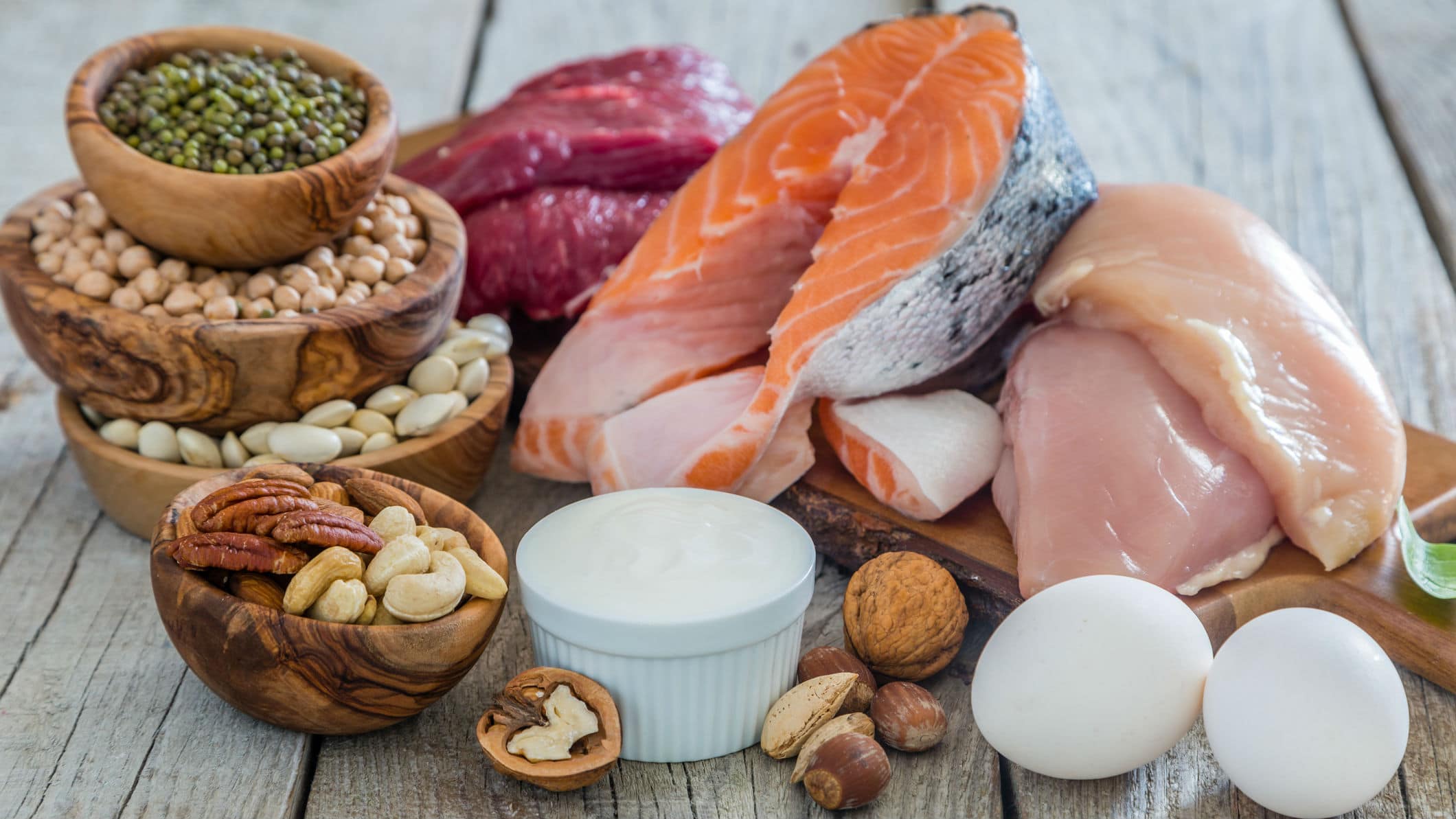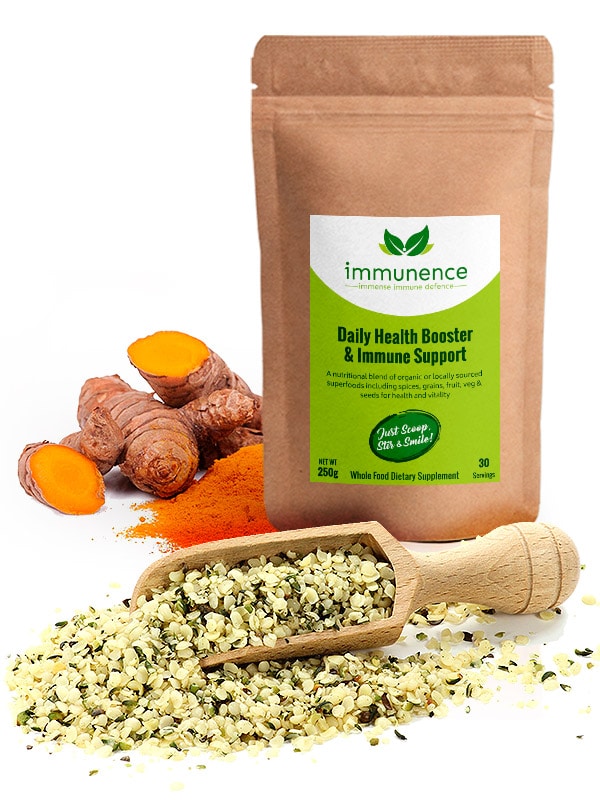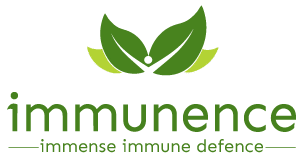Proteins from plant-based compared with animal-based food sources may have different effects on cardiovascular disease (CVD) risk factors. Numerous epidemiologic and intervention studies have evaluated their respective health benefits; however, it is difficult to isolate the role of plant or animal protein on CVD risk. This review evaluates the current evidence from observational and intervention studies, focusing on the specific protein-providing foods and populations studied. Dietary protein is derived from many food sources, and each provides a different composite of nonprotein compounds that can also affect CVD risk factors. Increasing the consumption of protein-rich foods also typically results in lower intakes of other nutrients, which may simultaneously influence outcomes. Given these complexities, blanket statements about plant or animal protein may be too general, and greater consideration of the specific protein food sources and the background diet is required. The potential mechanisms responsible for any specific effects of plant and animal protein are similarly multifaceted and include the amino acid content of particular foods, contributions from other nonprotein compounds provided concomitantly by the whole food, and interactions with the gut microbiome. Evidence to date is inconclusive, and additional studies are needed to further advance our understanding of the complexity of plant protein vs. animal protein comparisons. Nonetheless, current evidence supports the idea that CVD risk can be reduced by a dietary pattern that provides more plant sources of protein compared with the typical American diet and also includes animal-based protein foods that are unprocessed and low in saturated fat.

Plant Protein and Animal Proteins: Do They Differentially Affect Cardiovascular Disease Risk?

LATEST POSTS
THE SCIENCE
FAQS
HOW DO I TAKE IMMUNENCE FOR BEST RESULTS?
1 good sized tablespoon each morning, preferably in a juice or smoothie, or just with water or orange juice. Immune protection builds up over time.
CAN I TAKE IMMUNENCE IF I HAVE FOOD ALLERGIES?
You can see a full list of ingredients here, so check this list for foods you might be allergic to.
CAN I ENJOY IMMUNENCE IF I AM ALLERGIC TO ONE OF THE INGREDIENTS?
Your content goes here. Edit or remove this text inline or in the module Content settings. You can also style every aspect of this content in the module Design settings and even apply custom CSS to this text in the module Advanced settings.
I GOT MORE OR LESS ‘SERVINGS’ THAN THE NUMBER LISTED ON THE CONTAINER
IMMUNENCE is sold by weight and not volume. Each container lists the approximate number of servings.
 LANGUAGE
LANGUAGE SPANISH
SPANISH
0 Comments